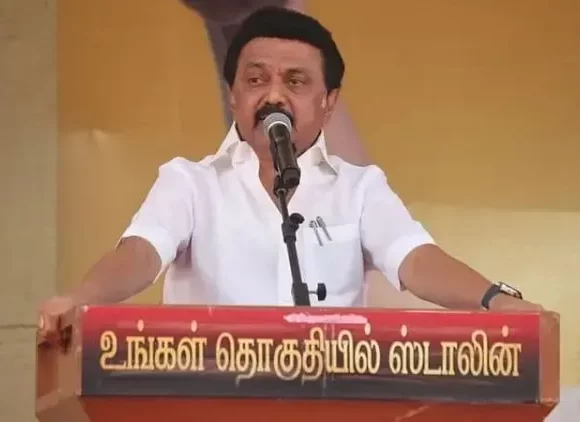
The Bengal Files Review (1.5/5): Sensationalism Over Substance
I watched The Bengal Files with the expectation that it would shed light on one of the darkest yet least remembered chapters of Indian history, but what unfolded on screen was an absolute disappointment. The movie is all over the place. Instead of focusing on the core subject with sensitivity and depth, the filmmakers reduced an important historical tragedy into a sensationalized drama that seemed more concerned with scoring political brownie points than telling the truth.
The Noakhali riots, one of the most brutal episodes of communal violence, deserved far more than the half-baked representation offered here. What could have been a hard-hitting and educative piece of cinema ended up as a mockery of history, leaving the audience bewildered at times about what exactly the creators were trying to portray.
The connection between today’s Murshidabad and yesterday’s Noakhali could have been a powerful bridge to explore the recurring fault lines of communal strife, but the lack of coherent scripting and meaningful storytelling wasted that golden opportunity. Instead, the movie is filled with immature sensationalism, exaggerated sequences, and scenes so loosely written that they confuse rather than enlighten.
To be fair, the film is not without strong performances. Pallavi Joshi brings an intensity that feels deeply rooted, Mithun Chakraborty commands the screen with his presence, and Namashi Chakraborty shows glimpses of promise in moments of restraint. Even Darshan Kumar tries to balance his role with sincerity. These actors clearly invested themselves in the subject, and their work deserved a far more disciplined canvas to shine. Unfortunately, the weak direction and scattered narrative squander their efforts, leaving their talent buried under layers of chaos.
The film’s greatest weakness lies in its structure and pacing. At over three hours long, it becomes punishing rather than immersive. Lengthy stretches of graphic imagery are used as substitutes for strong storytelling, but they only end up exhausting the audience. The narrative drags unnecessarily, testing patience rather than building intensity, and the fragmented approach makes it hard to stay invested.
Above all, the film squanders its most valuable opportunity—the chance to bring attention to a chapter of history rarely discussed in mainstream cinema. By reducing such an important subject into chaotic sensationalism, it diminishes the weight of the very tragedy it seeks to highlight. The pain of Noakhali and the echoes of Partition deserved sincerity, restraint, and clarity. What we got instead was confusion, melodrama, and a missed chance to educate and reflect.
For a film dealing with such a sensitive and significant subject, the audience deserved much more honesty and depth. The actors tried to carry the burden, but poor direction and misguided storytelling let them down completely. Sadly, this was squandered.


















